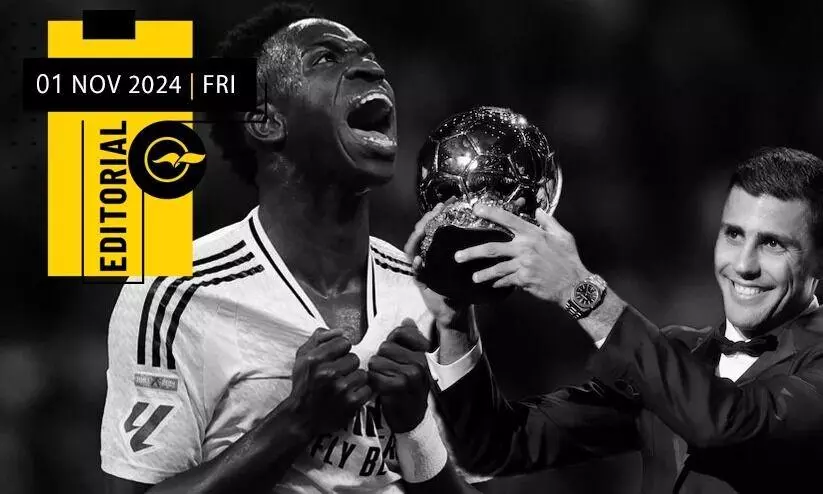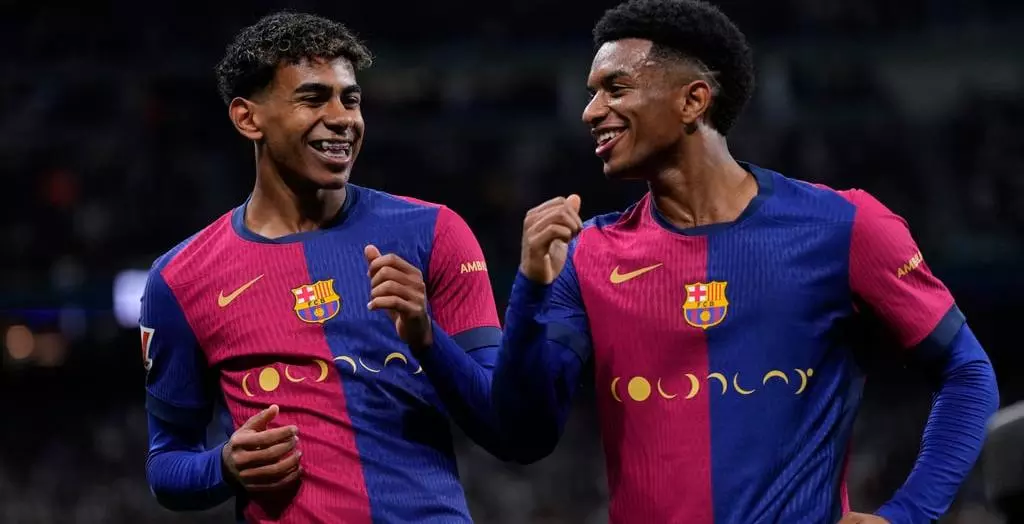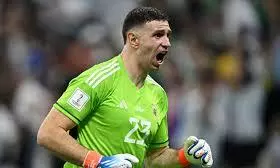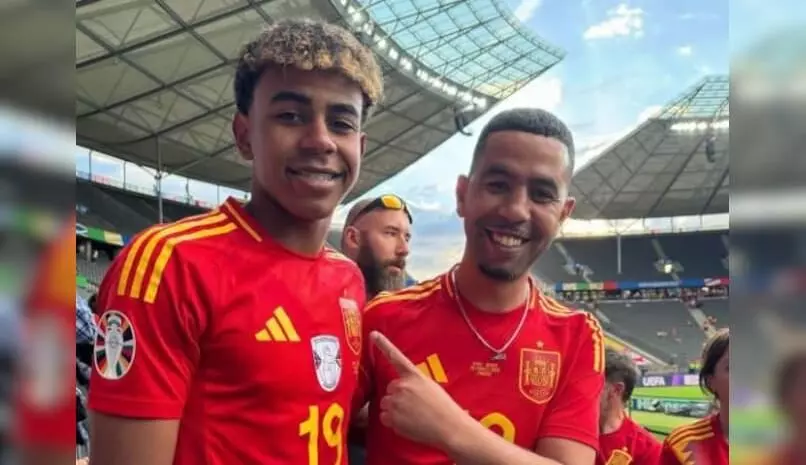
In football too racism rules the roost
text_fieldsSports stadiums are often praised as beautiful places where humanity’s diverse colours bloom. Sadly, however, of late, they have increasingly become battlegrounds of racial hatred both on and off the field. Football, the world’s most popular sport, is no exception. The recent controversies surrounding the Ballon d’Or award have brought the severity of racial discrimination in football to the focus. Vinícius Júnior's reaction and Real Madrid's complete boycott are a testament to how deeply racism has affected this beautiful game and its players.
Based on the performances of players and teams from 1 August 2023 to 31 July 2024, the French magazine France Football decides the award winner. The winners are announced based on the secret votes of a large group, including national team captains, coaches, and journalists ranked in the top 100 of the FIFA rankings. This time, Vinícius Júnior was considered a strong contender for the best player award. However, before the official announcement, news surfaced that Spain's Rodri had won. Vinícius and his teammates, along with the club, firmly believe and have publicly stated that the main reason for Vinícius being overlooked is his ongoing fight against racism. Vinícius's initial reaction to being ignored was that his fight against racism would intensify tenfold. The club and his teammates also adopted the stance that Real Madrid would not participate in platforms that did not offer him the respect he deserved, thus diminishing the prestige of the award.
This incident serves as another reminder that the roots of racism in football are deeply embedded in European societal prejudices. Vinícius has been subjected to racist abuse on multiple occasions over the past few years. Since October 2021, 18 complaints have been filed regarding the racist abuse he has faced in La Liga. The extent and intensity of the racist attacks against him were so severe that the Spanish and Brazilian federations decided to organise a match in March 2024 in solidarity with Vinícius. However, both federations lacked the will to make this a reality, leaving him disappointed. Many players, including his colleague Jude Bellingham, have publicly and consistently expressed their belief that European football authorities are deliberately ignoring the fight against racism.
The German federation’s report in 2023 claiming a decrease in racist incidents in stadiums is a prime example of how official agencies attempt to cover up racism in football. However, an independent investigation revealed that racist abuse had in fact increased 18-fold in the German league during the 2022-23 season. The three-year campaign conducted by the English Premier League also proved to be ineffective. It is not just the fans who are fuelling racism in the stadiums; the issue is deeply entrenched within clubs, management structures, and coaching staff. The institutionalised nature of racism in these areas is truly shocking. Media and commentators play a culpable role in perpetuating racial biases. They freely use terms like "physically superior" for Black players, "physically aggressive" for Muslims, and "intellectually driven" for white players, along with alienating terms such as 'they' and 'we'. A 2022 study on the German Bundesliga found that white players were over-represented in strategical decision-making positions, while 37% of aggressive outfield players were Black. Additionally, 87.2% of those holding the highest positions in European football and 90% of the first coaches of men’s teams are white.
As Chelsea star Raheem Sterling argues, greater representation of diverse ethnicities is necessary within the key structures of European football. There is no other way to address racism and ensure transparency in football governance and player selection than through representation. This incident should at least prompt the media and commentators to be wary of language that reflects social prejudice or reinforces racial stereotypes. It is high time for the football world to break free from the fantasy of that the football field is a beautiful harmonious place free of racism.



























